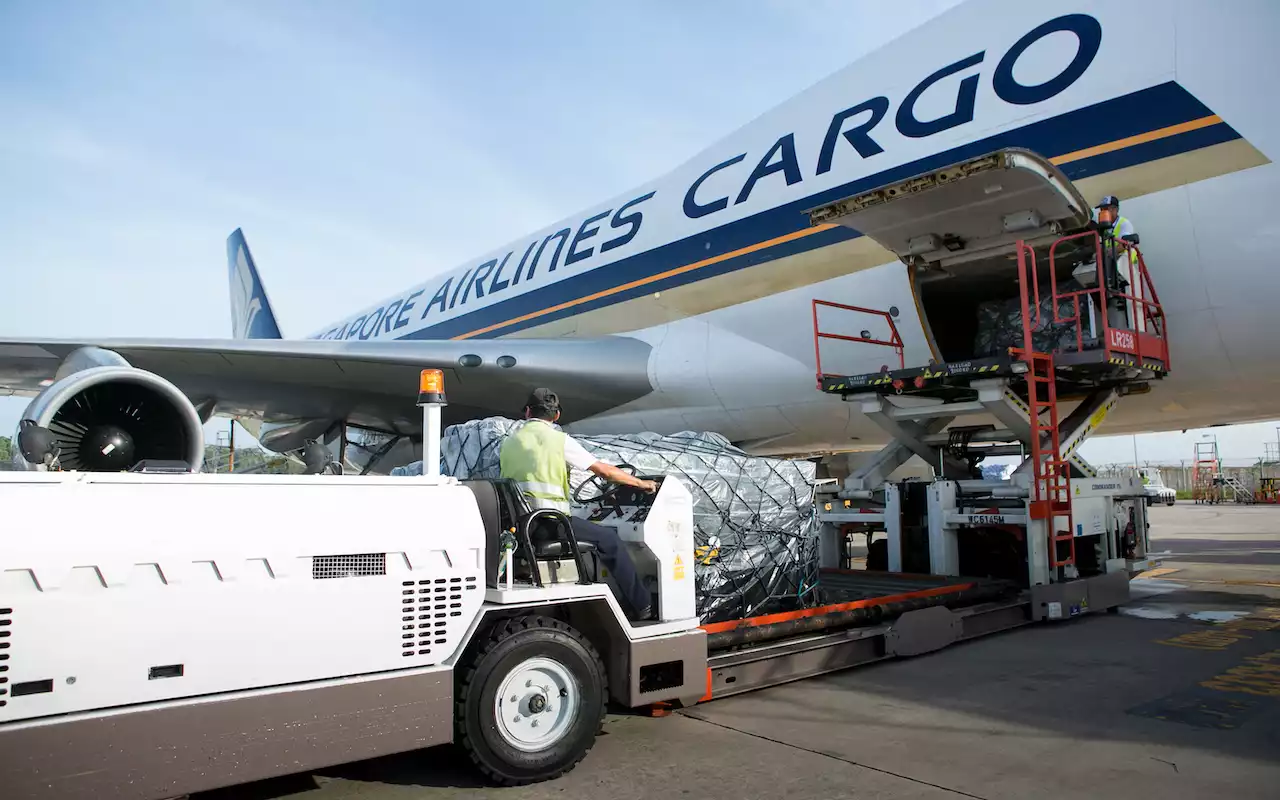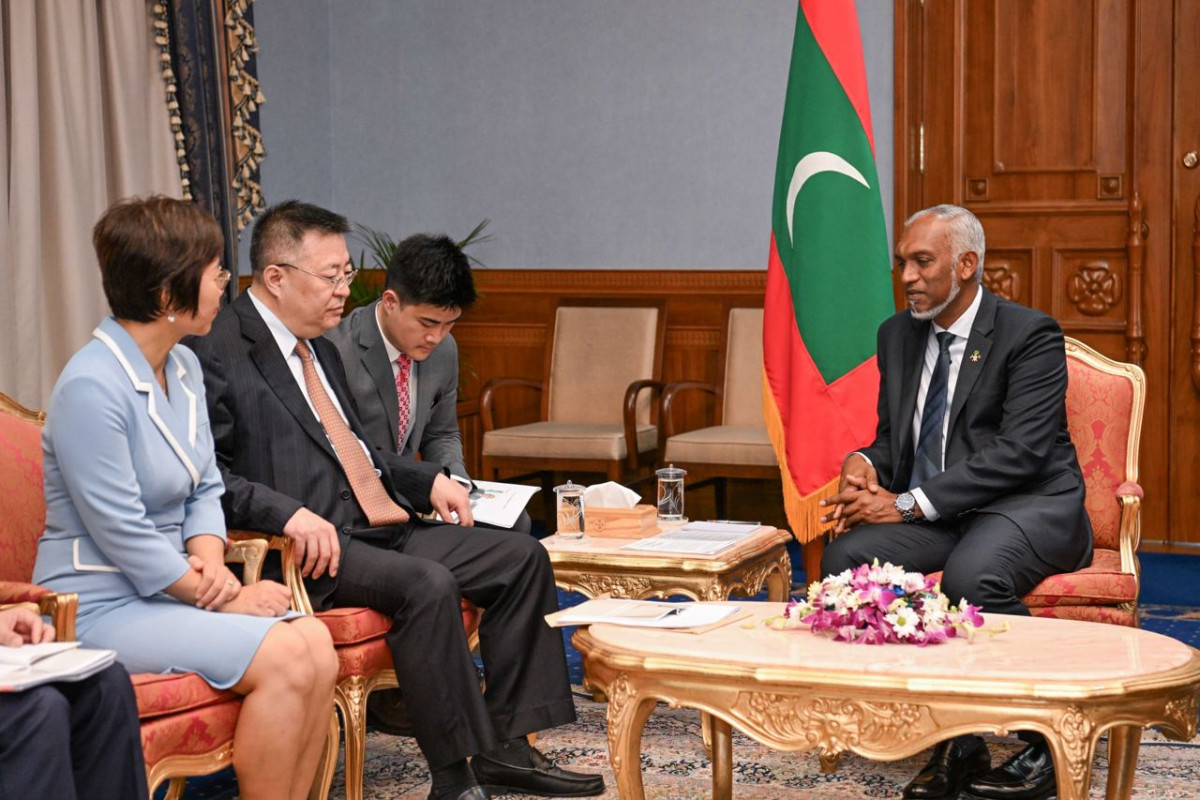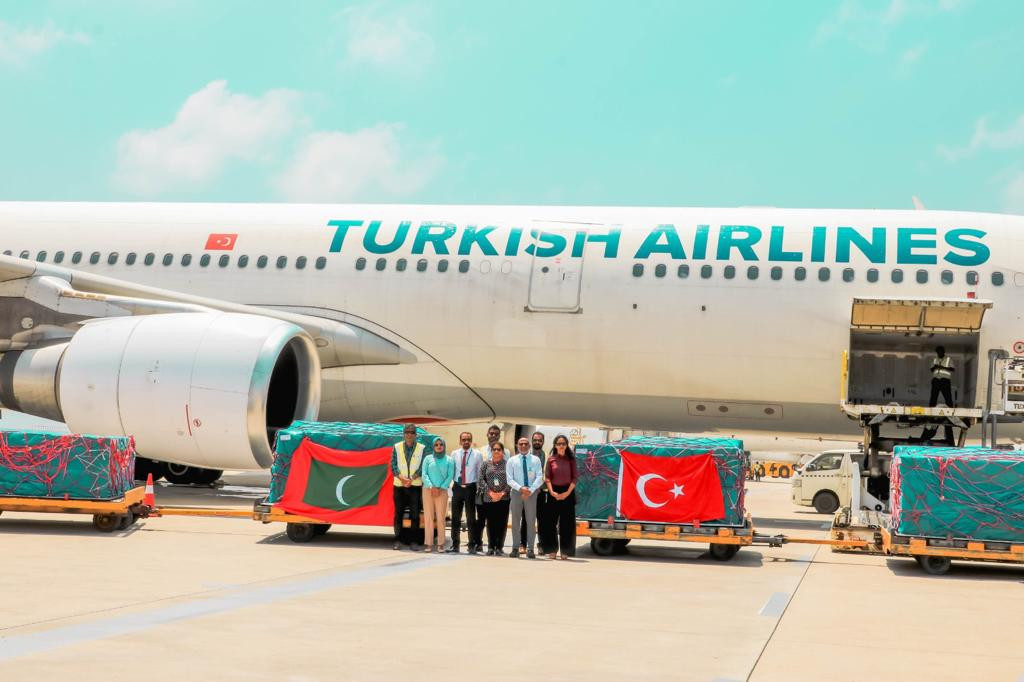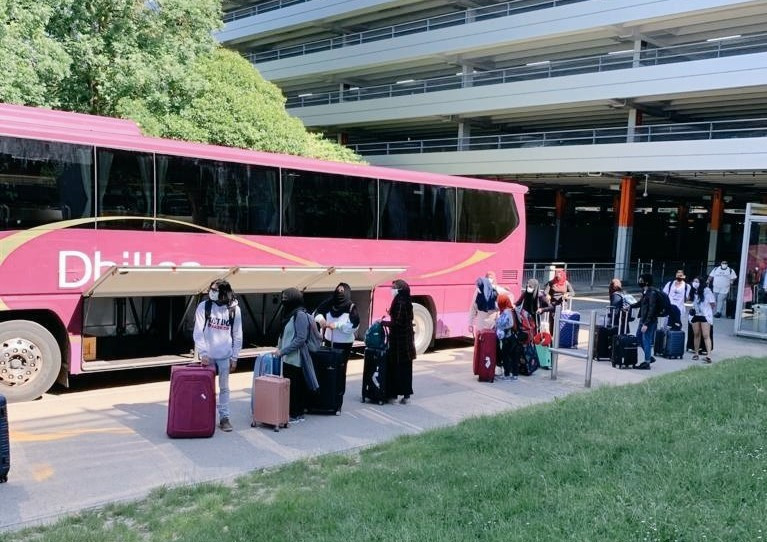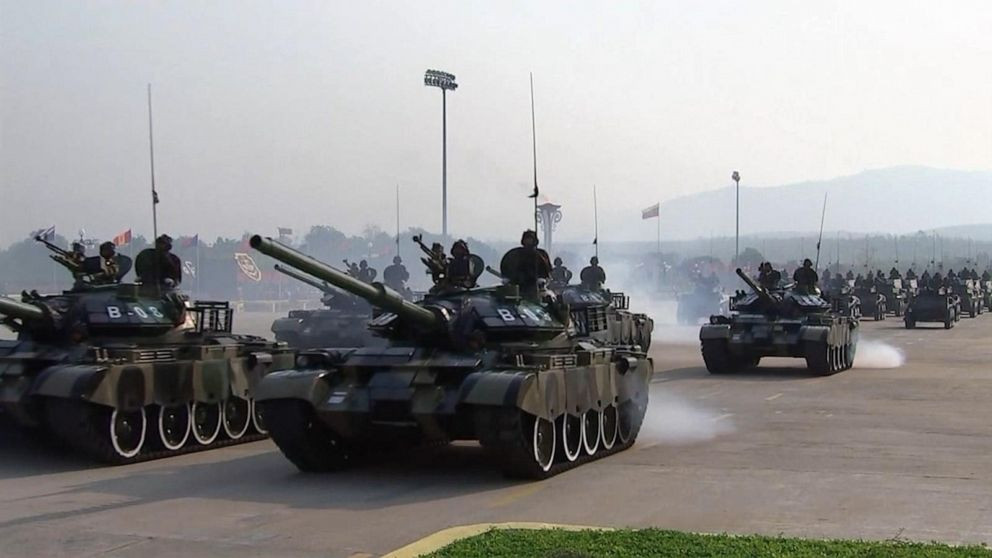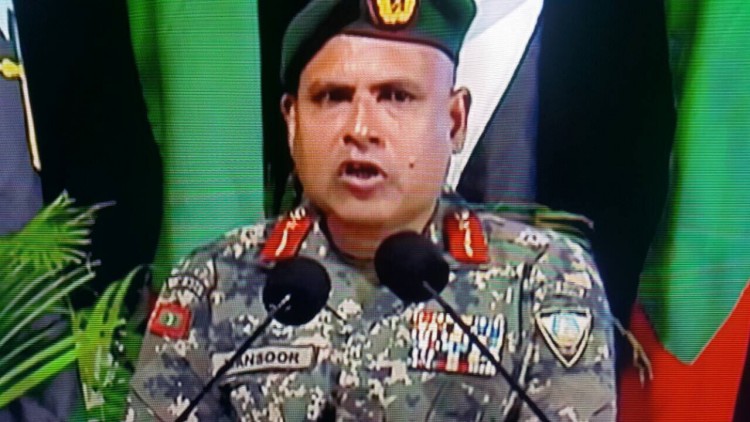Committee applauds government's commitment to achieve net-zero by 2030
The president announced this at the United Nations Climate Ambition Summit on Saturday

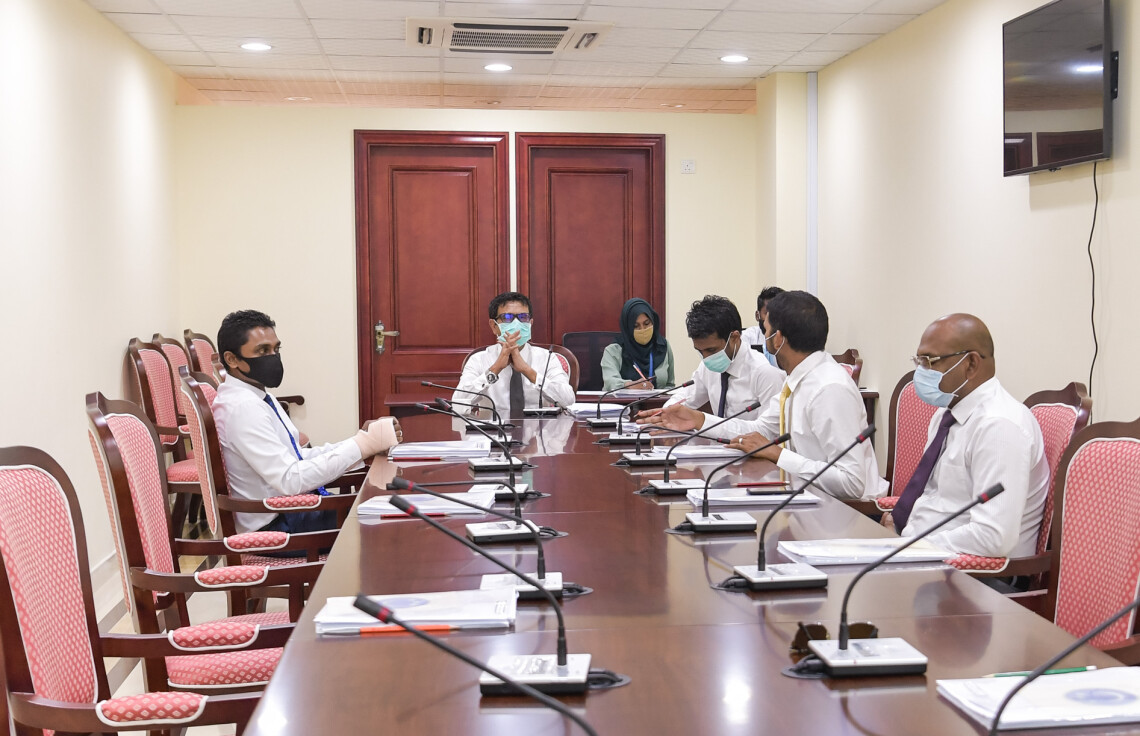
A meeting of the parliament\'s committee on environment and climate change
Parliament’s committee on environment and climate change has applauded the government’s commitment to achieve net-zero emissions by 2030.
President Ibrahim Mohamed Solih, during his statement at the United Nations Climate Ambition Summit held virtually to mark the fifth anniversary of the Paris Climate Agreement last Saturday, said that Maldives could achieve net-zero commitments as early as 2030 “with the current assistance and resources”.
The committee on environment and climate change said that Maldives “has jumped ahead as one of the leaders in the race to a net-zero future” with the new target, adding that it shows climate vulnerable countries are at the “forefront of action and ambition”.
Reiterating the president’s statement that the country requires financial and technical assistance to reach the goal, the committee highlighted the importance of evaluating “available international financing options including opportunities through non-governmental organizations, charitable organizations and other international programs, to gather the required resources”.
Further, the committee urged the government to acknowledge the Climate Vulnerable Forum (CVF)’s Climate Prosperity Plans and other such programmes “to facilitate the financial requirement to progress in lowering emissions and increasing climate resilience and to ultimately achieve net-zero emissions by 2030”.
It emphasized that the Climate Prosperity Plans are “specifically designed as a vehicle for securing international support and to leverage new investments from global, regional, and national sources towards national climate-resilient, zero-carbon economic development”.
Delivering his remarks at the Climate Ambition Summit, President Solih highlighted the island nation has “a responsibility to take a more transformational economic and environmental path”.
He also called on the international community to do “all” that it can to address the climate emergency, including providing access especially to Small Island Developing States (SIDS) "for much needed consistent financial assistance so that we can meet our targets, and secure a 1.5-degree world”.
